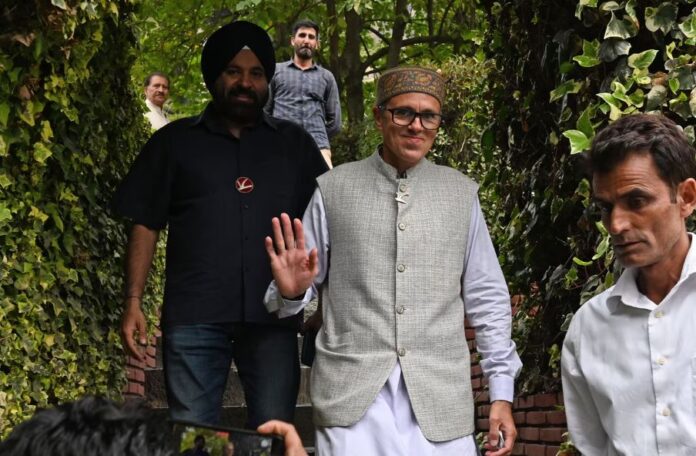The results of the recent assembly elections in Jammu and Kashmir and Haryana have revealed a mixed bag for political parties, with the Bharatiya Janata Party (BJP) experiencing significant challenges in Jammu and Kashmir while securing a decisive victory in Haryana.
In Jammu and Kashmir, the BJP managed to secure only 29 seats, while the alliance of the National Conference (NC) and Congress won a combined total of 49 seats, enabling them to form the government in the Union Territory. This election marked the first assembly polls since the abrogation of Article 370 from the Indian Constitution, which previously granted special status to the region. The BJP will now serve in opposition, reflecting a notable shift in voter sentiment.
In stark contrast, the BJP celebrated a remarkable victory in Haryana, winning 48 seats despite exit polls predicting a much lower outcome. The Congress party, which was expected to perform well, secured only 37 seats, falling short of expectations after polls suggested they would win around 65 seats. Prime Minister Narendra Modi expressed gratitude to the people of Haryana for their continued support, emphasizing the BJP’s achievement of a historic third consecutive term in the state.
In the Jammu and Kashmir assembly, out of 90 seats, the NC and Congress coalition emerged victorious with 49 seats, while the BJP took 29 and the People’s Democratic Party (PDP) won 3. Notably, the Aam Aadmi Party (AAP) made its electoral debut in the region, with candidate Mehraj Malik securing the party’s first win in Jammu and Kashmir.
While the BJP celebrates its success in Haryana, the party’s performance in Jammu and Kashmir raises questions about its strategies in the region, especially in light of the recent political changes. The election results highlight the complex political landscape in India, where regional dynamics and local issues continue to play a significant role in shaping electoral outcomes.



